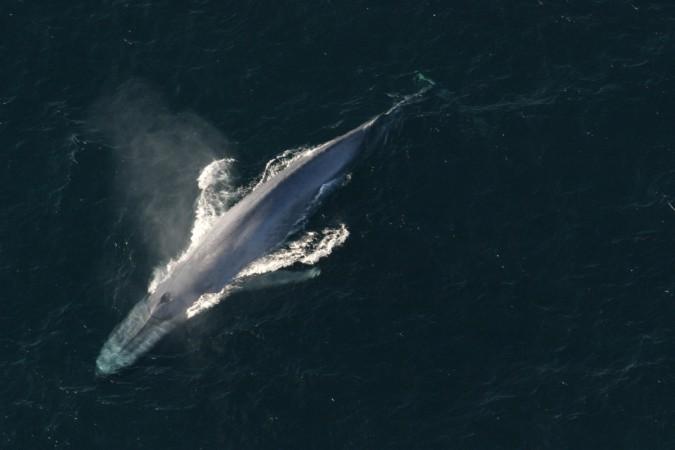
Bigger is better in terms of size for mammals living in the world's oceans, but only up to a certain point, a new study suggests.
Marine animals have considerably increased in size over the last 500 million years compared to land animals, leading to speculation that evolutionary pressures on size are more relaxed on water due to the large environment and the fact that marine animals do not need to support their weight on legs.
However, a study on nearly 6,000 living and extinct mammal species revealed that mammal growth is actually more constrained in water than on land.
The analysis found that life in the ocean restricts animals to a narrow range of body sizes – big enough to help them retain heat in water that is lower than body temperature, but not so big that it affects their ability to gather food.
The findings are published in the journal PNAS.
"Many people have viewed going into the water as more freeing for mammals, but what we're seeing is that it's actually more constraining," said Jonathan Payne, a professor of geological sciences at Stanford University.
"It's not that water allows you to be a big mammal, it's that you have to be a big mammal in water – you don't have any other options."
Researchers found that land animals that take to water evolved very quickly toward a bigger size, converging at around 450kg.
Smaller ancestors like relatives of the dog that moved to the ocean grew in size more than larger ancestors such as hippo relatives to reach their optimal weight, suggesting that bigger size is beneficial only up to a certain limit.
"Basically, animals are machines that require energy to operate. This need for energy places hard limits on what animals can do and how big they can be," said Craig McClain of the Louisiana Universities Marine Consortium.
"The range of viable sizes for mammals in the ocean is actually smaller than the range of viable sizes on land. To demonstrate that statistically and provide a theory behind it is something new."














